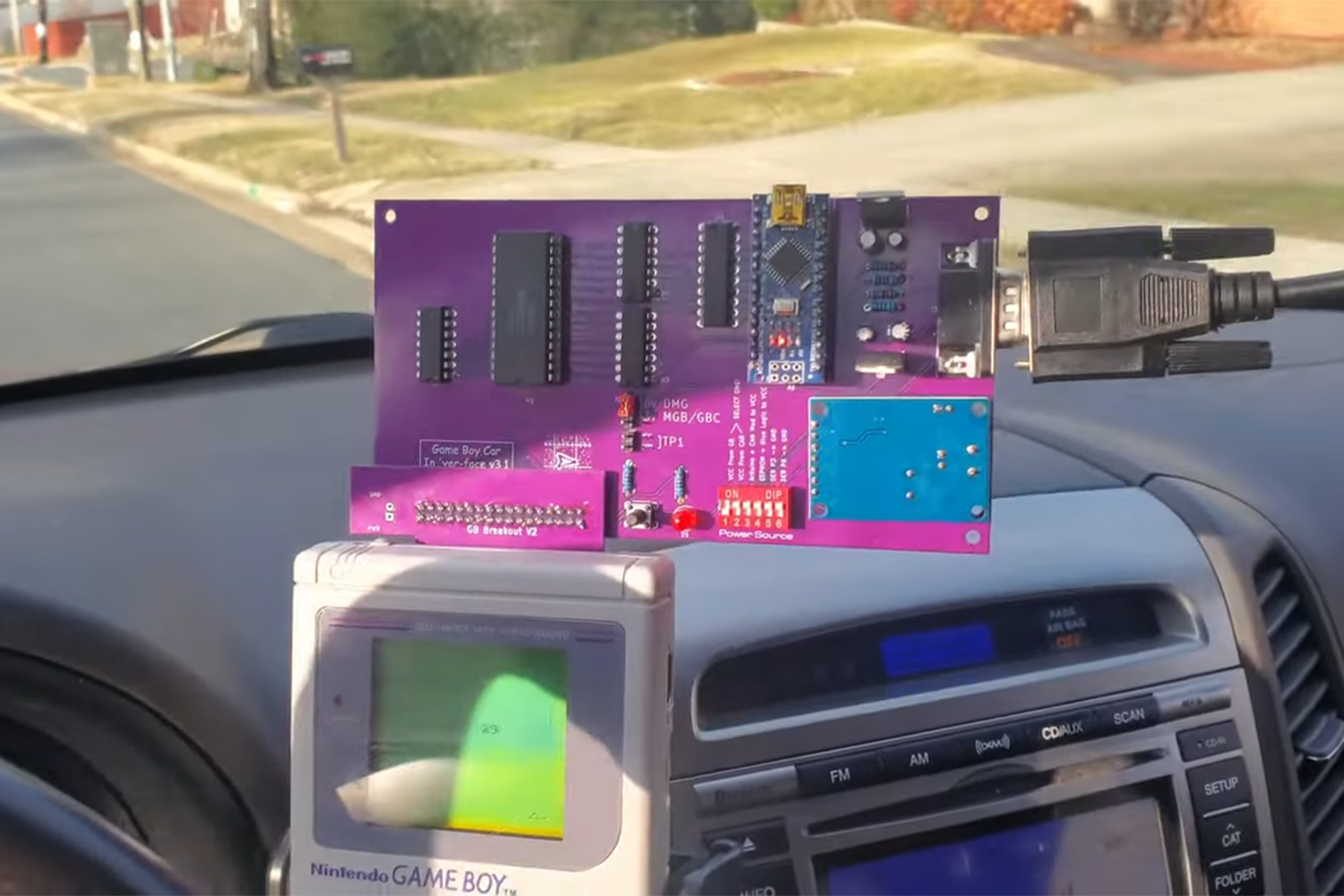
Cuba has begun releasing the first of hundreds of prisoners it agreed to release under a deal with the United States.
President Joe Biden removed Cuba from the U.S. list of state sponsors of terrorism days before the end of his term in office, under a deal brokered by the Catholic Church.
In return, the Cuban government said it would release 553 people, many of whom were detained during the anti-government protests that swept Cuba in 2021.
While Havana has cautiously welcomed the deal, there are questions about how long it will last after President-elect Donald Trump’s choice of Secretary of State Marco Rubio seemed to suggest it could be overturned.
Rubio, speaking at a Senate confirmation hearing on Wednesday, said “the new administration is not bound by that decision” when it comes to some sanctions on Cuba that the Biden administration lifted on Tuesday.
Earlier, Mike Waltz, Trump’s choice for national security adviser, said on Fox News, “Anything they (the Biden administration) do now, we can fight back, no one can There should be no illusions about changes in U.S. “Cuba policy.”
Cuba released about 20 prisoners on Wednesday despite skepticism from Trump administration officials, according to local NGOs.
One of those released was Donaida Pérez Paseiro, 53, who had been sentenced to eight years in prison for participating in anti-government protests in 2021, during which Citizens are demanding the Cuban government do more to alleviate widespread food shortages and lower spiraling prices.
Ms. Pérez-Pasero said in a video posted on social media that the Cuban government was using her and her fellow inmates as “bargaining chips” to take advantage of Cuba’s removal from the United States’ list of state sponsors of terrorism.
In the recording, she also said she would continue to “fight for Cuba’s freedom.”
Dariel Cruz García was among those released Wednesday.
The 23-year-old was sentenced to 15 years in prison for sedition after taking part in protests in 2021.
He told Reuters that officials had declared he could serve the remainder of his sentence at home, which had been reduced since he was originally sentenced.
“I escaped hell to be with my family. I was going to behave so I could move on,” he told the news organization.
Maricela Sosa, deputy president of Cuba’s Supreme Court, said on television that those released had received neither amnesty nor pardon and warned they could be arrested again if they violated the terms of their parole.
Hundreds more families are waiting to hear whether their relatives are among the 553 people the government has agreed to release.
“They are desperate and anxiously waiting for a call from their child,” Daryl Cruz Garcia’s mother told Reuters.








